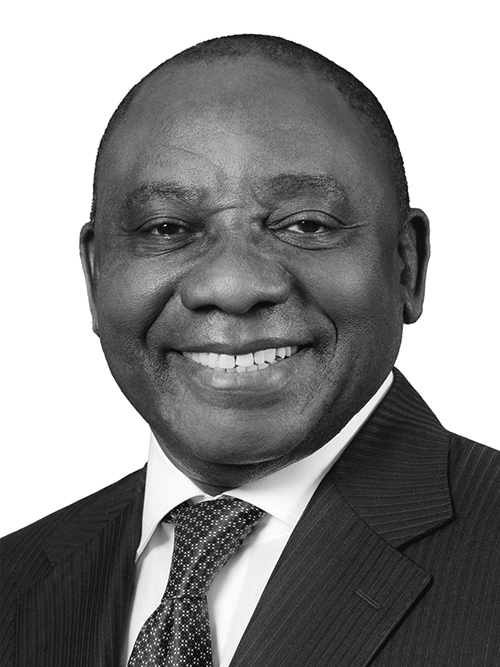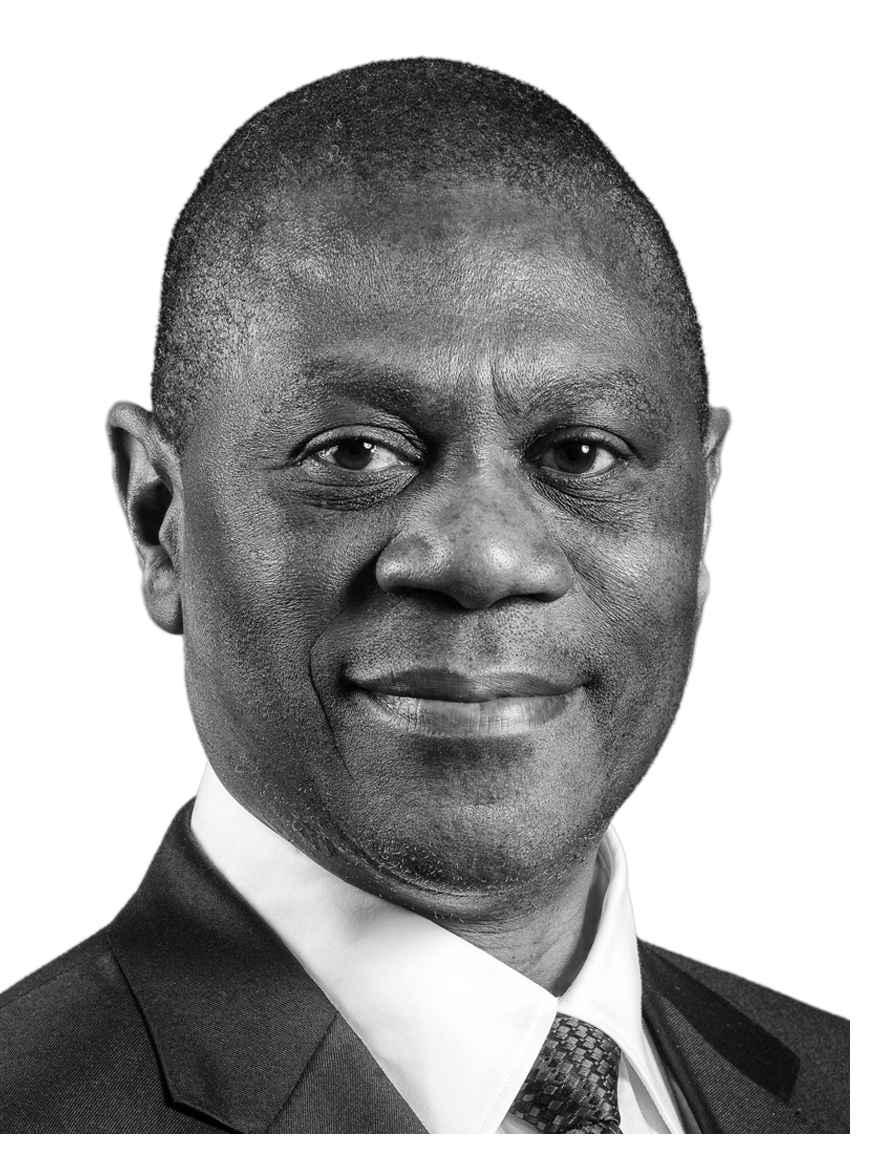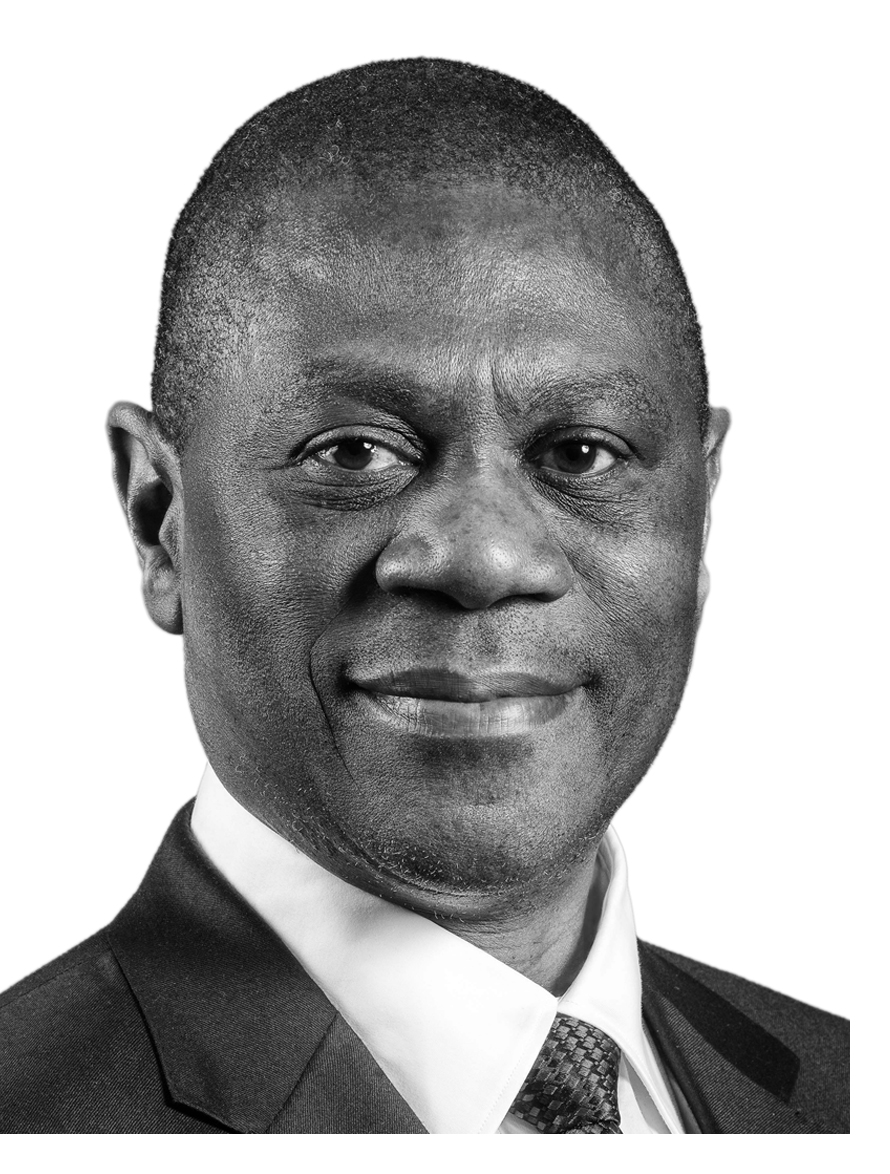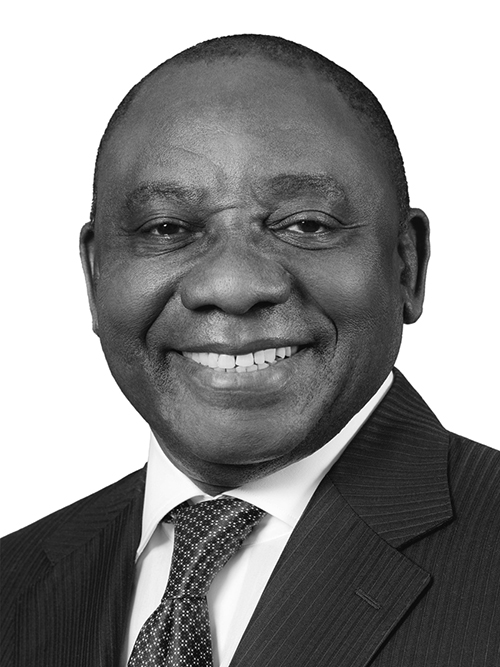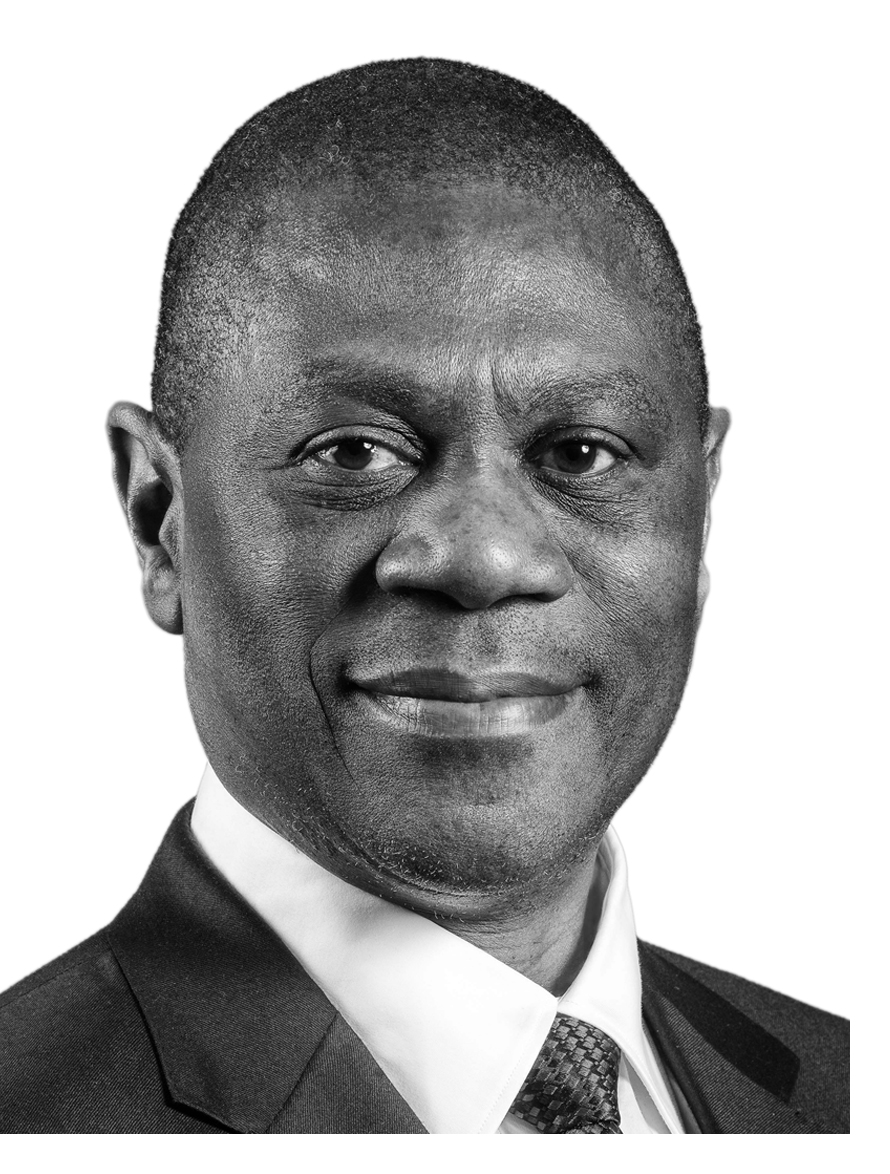Programme Director, Mr Zolile Williams – MEC for COGTA Chief Langa (Bakhulule);
Our host, His Majesty, King Ndamase Ndamase of Amampondo Asenyandeni; Ndlovuyezwe!
Queen Madosini and Members of the Royal Family;
Acting Premier of the Eastern Cape, Mr Zolile Williams and all MEC’s present here today;
Executive Mayor of OR Tambo District Municipality, Cllr MesuliNgqondwana and all Mayors present;
Amakhosi aseNdlunkulu wonke;
Ministers and Deputy Ministers
Senior Officials from Government, Private Sector and other Entities;
Kubantu bonke baseNyandeni;
Ndiyanibulela nonke ngokungamukela ngezandla ezishushu.
Today we started our day by paying a courtesy visit to His Majesty King Ndamase Ndamase at eNyandeni Royal Palace.
Our government acknowledges the authority of traditional leaders, their role in promoting social cohesion, and addressing developmental issues within their communities.
(Urhulumente wethu uyaqonda ukuba abalawuli nee Nkosi zakwa Ntu banegunya, banendima ebalulekileyo ekukhuthazeni ubumbano kuluntu, nasekuqwalaseleni imiba yophuhliso kwiindawo zabo).
We are here to engage with this community to get a high-level overview of the service delivery issues affecting the AmaMpondo Kingship and how best to strengthen our collaboration with the Kingdom.
This visit is part of a larger initiative to engage traditional leadership in the national development agenda and promote collaboration between traditional authorities and the government.
Specifically, we are here from different spheres of government, bound together by the District Development Model to create a platform for government and other entities to engage with His Majesty King of AmaMpondo aseNyandeni on service delivery issues affecting the Kingship and areas under its jurisdiction.
Our hope is that by working together, we can speed up the delivery of services that the traditional community relies on and support the Kingdom as they strive to develop their community.
This institution not only has a place in the new democracy but also has the potential to transform and contribute significantly to restoring the moral fabric of our society.
Additionally, it plays a crucial role in the reconstruction and development of the country, particularly in rural areas.
Traditional Leadership also plays a critical role in ensuring that the conditions for democratic governance and stability in rural areas are created so that accelerated service delivery and sustainable development can be achieved.
The Traditional and Khoi-San Leadership Act, 2019 (Act no. 3 of 2019), allows Traditional Leadership Institutions to participate in development programmes by advising the government on the needs of traditional communities and holding the government accountable for improving the lives of the people of traditional communities.
His Majesty King Ndamase Ndamase, if we are both accountable to each other as leaders, we have the invaluable opportunity to leverage the deep-rooted understanding of our community's needs and challenges. (Obekekileyo uKumkani uNdamase Ndamase, ukuba sobabini sinoxanduva omnye komnye njengeenkokheli, sinethuba elixabisekileyo lokusebenzisa iingcambu ezinzulu).
I believe that the wisdom of traditional leaders can guide us in developing sustainable solutions that truly address the issues facing our society.
Through my interaction with the community leadership, I have so far learnt about your concerns, which include, among others;
- Access to water at the Royal Palace and households within Nyandeni Municipality
- Upgrading of the gravel road to the Royal Palace to tarred or paved road
- Infrastructure maintenance
- Electricity-related matters
- The Libode Police Station that requires upgrades and the traditional Police Station at the Royal Palace that is not fully resourced
- Support of agricultural programs through the provision of targeted interventions
- High incidents of GBVF, crime rates, and drug abuse.
These are actual issues that our communities are facing, and they require immediate attention. To gain the government's attention in resolving service delivery issues, our communities should not have to stage protests; instead, we need to take the initiative and solve the problem. Where there are challenges, we should be transparent to our communities and work with them in finding solutions.
For example, we must ensure that the provision and access to high-quality, drinkable water never violates these human rights. In this regard, we want the Provincial Government and the Local Government, to find an amicable solution that will see the taps in our community providing this vital resource.
Another pressing issue is the ongoing Gender-Based Violence and Femicide which persists in our communities. We must find a way to stop this from continuing! We must all work together to prevent every act that perpetuates GBV in our communities. We should not even entertain jokes that demean women and instigate violence against women and children.
As a government, we have made efforts to combat Gender-Based Violence and Femicide through the establishment of dedicated desks at police stations in hotspot areas, the implementation of the National Strategic Plan (NSP) on GBVF, and initiatives like the Men's Parliament aimed at promoting positive masculinity.
We urge you as a community to speak out against GBV to foster a safer environment for all. This includes challenging harmful norms, supporting survivors, and advocating for systemic change. Community involvement is crucial for both preventing GBV and ensuring access to essential support services for survivors.
Kubantu baseNyandeni, we have heard your concerns and frustrations regarding service delivery.
We will collaborate closely with municipal and provincial governments to devise timely solutions to your concerns.
Our current discussion will not devolve into a mere talk show; we will ensure that those entrusted with responsibilities fulfil their obligations.
As various branches of government, we recognise our shared responsibility to guarantee the provision of high-quality services to the public. However, the local government sphere is at the forefront of service delivery. Their importance is because they are the first point of contact for many residents needing access to services like water, sanitation, electricity, roads, and social amenities.
The local government's effectiveness directly impacts the quality of life for citizens and their ability to access basic necessities. Therefore, it is important to strengthen intergovernmental relations (IGR) by enhancing our synergies and collaboration to ensure that all levels of government work together to extend services to all communities, including to rural areas.
In the spirit of this collaboration, we urge the Nyandeni Local Municipality to work closely with Traditional Leaders, from the first stage of decision-making to implementation and monitoring to make sure that everyone has access to basic services.
Together, you must take responsibility for providing, regulating, and maintaining the infrastructure needed for these services, such as managing the water supply, supporting agricultural programmes through the provision of tractors and other equipment, upgrading of roads, and other related tasks.
Our work is therefore aligned with the national development goals, which include making sure that everyone has access to basic services, the importance of integrated infrastructure planning, and working together with other levels of government to solve persistent issues with service delivery.
This is in line with the District Development Model, which is a process where planning is done jointly across the local, district, and metropolitan levels. This leads to a single, strategically focused One-Plan for each of the country's 44 districts and 8 metropolitan areas.
The One-Plan, in collaboration with various government departments, aims to better lives by improving intergovernmental relations and fostering development in communities including Traditional Leadership.
By working together as different spheres of government, traditional leaders, and different sectors in the communities, we will gain a common understanding of service delivery obstacles, growth challenges, and opportunities.
Furthermore, the partnership between our government and traditional leaders allows us to tap into a wealth of resources and expertise. By combining our strengths and insights, we can create a more holistic approach to service delivery that is inclusive, culturally sensitive, and responsive to the diverse needs of our community.
Through this collaborative action, we can bridge the gap between policy-making and grassroots implementation.
We can ensure that the voices of our community are heard and respected and that decisions are made with the best interests of all in mind.
In conclusion, let me assure this community that we are committed to improving the lives of the people by listening and addressing the service delivery matters of the Kingship and Traditional Communities to promote development and social cohesion for building resilient communities.
As we move forward in our shared commitment to service delivery, we are going to set clear directions and deadlines for the issue you have raised and a clear monitoring process.
The first thing we will do to keep our commitment is to work with departments like Health, Home Affairs, Social Development, and SAPS to ensure that they make it easier for people from the Traditional Community to obtain services through Services on Wheels.
Through these services, we want to increase accessibility, improve efficiency in service provision, and reduce travel costs for the community members.
Furthermore, we want to enhance community engagement and empowerment by bringing services directly to the people, potentially leading to better health outcomes and the overall well-being of our people.
Our goal is that when we meet again, we give you an update of the progress that has been made and where there are challenges, to be frank with you, so that we together move in the same direction with understanding.
We want to build bridges of trust and understanding between our government and traditional leaders, setting an example of effective governance and community empowerment for all to follow.
As the Chairperson of the Inter-Ministerial Task Team on Matters of Traditional Leadership, I welcome your ongoing engagement with us as representatives of the community.
Together, we can work towards addressing challenges and fostering a stronger community.
(Sisonke, singasebenza ekusombululeni imingeni nasekukhuliseni uluntu olomeleleyo)
Ndiyabulela!.




